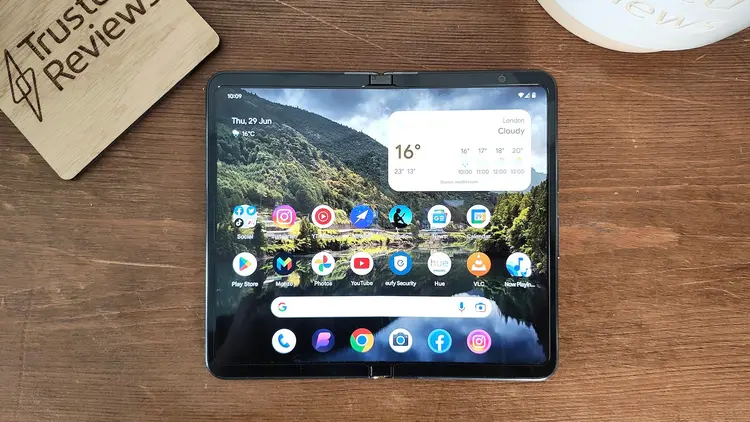Introduction
When it comes to buying a laptop, it can be overwhelming to choose the right one. With so many brands, models, and specifications to choose from, it’s important to do your research and find the best laptop that suits your needs. In this article, we will discuss the key points to consider when buying a laptop and provide some recommendations based on customer reviews and expert opinions.
Key Points to Consider
- Operating System
- Processor
- RAM
- Storage
- Display
- Battery Life
- Connectivity
- Weight and Portability
- Price
Operating System
The operating system is the software that allows you to interact with your laptop. The most common operating systems are Windows, macOS, and Linux. Windows is widely used and offers a wide range of software compatibility. macOS is known for its sleek design and ease of use, especially if you are already familiar with Apple products. Linux is an open-source operating system that is highly customizable but may require some technical knowledge to set up.
Processor
The processor is the brain of your laptop, responsible for executing tasks and running applications. The two main processor brands are Intel and AMD. Intel processors are known for their strong performance and energy efficiency, while AMD processors offer competitive performance at a lower price point.
RAM
Random Access Memory (RAM) determines how many tasks your laptop can handle at once. A minimum of 8GB RAM is recommended for most users, but if you plan to multitask or use resource-intensive applications, you might want to consider 16GB or more.
Storage
Laptops typically come with two types of storage: hard disk drives (HDD) and solid-state drives (SSD). HDDs offer more storage capacity at a lower cost, while SSDs provide faster performance and quicker boot times. If you can afford it, it’s best to go for a laptop with an SSD for a smoother experience.
Display
The display is an important aspect to consider, especially if you plan to use your laptop for multimedia purposes or graphic design. Look for laptops with at least a Full HD (1920×1080) resolution for crisp visuals. Additionally, consider the size of the display and the quality of the color reproduction.
Battery Life
Battery life is an essential factor, particularly if you often work on the go or in places where you don’t have access to a power source. Look for laptops that offer a long battery life, ideally over eight hours, to ensure you can work or enjoy entertainment uninterrupted.
Connectivity
Consider the connectivity options offered by the laptop. USB ports, HDMI ports, SD card slots, and headphone jacks are commonly required for most users. Additionally, check if the laptop has Bluetooth and Wi-Fi capabilities for wireless connectivity.
Weight and Portability
If you plan to carry your laptop around frequently, portability becomes crucial. Look for lightweight laptops with a slim profile, making them easier to transport. Ultrabooks are a great option for those who prioritize portability without compromising on performance.
Price
Lastly, set a budget for your laptop purchase. It’s important to find a balance between the features and the price. There are laptops available for every price range, so make sure to compare different brands and models to find the best value for your money.
Recommendations
Based on customer reviews and expert opinions, here are some laptop recommendations:
- MacBook Air: A lightweight and powerful laptop with a sleek design, great battery life, and the reliability of the macOS operating system.
- Lenovo ThinkPad X1 Carbon: Known for its durability, this laptop offers excellent performance, a comfortable keyboard, and a long-lasting battery.
- Dell XPS 13: With its thin bezels and stunning display, this laptop is perfect for multimedia and productivity tasks.
- HP Envy 13: A budget-friendly option that offers a combination of performance, portability, and affordability.
- Asus ROG Zephyrus G14: Designed for gamers, this laptop packs a powerful punch with its AMD Ryzen processor and NVIDIA graphics.
Main Takeaway
When buying a laptop, consider factors such as the operating system, processor, RAM, storage, display, battery life, connectivity,













